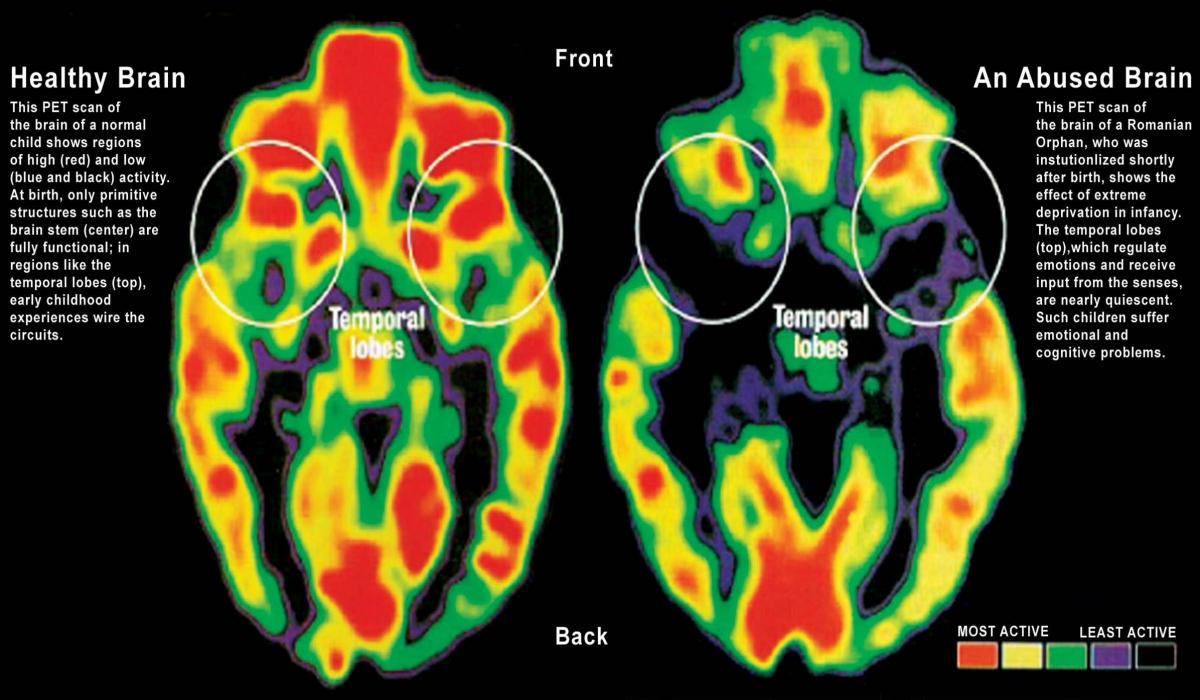
Childhood Trauma’s Impact on Brain Development: New Research
Childhood trauma doesn’t just leave psychological scars—it biologically reshapes the brain through chronic neuroinflammation and structural changes, increasing vulnerability to psychiatric disorders later in life. New research shows that early adversity can reprogram immune responses, altering lifelong mental health outcomes.
Revealing Insights from the Study
A recent study published in Biological Psychiatry: Cognitive Neuroscience and Neuroimaging finds that childhood trauma can lead to disruptions in two main regions of the brain, the default mode. The world’s largest brain study of childhood trauma has revealed how it affects development and rewires vital pathways, uncovering a disruption in neural networks involved in self-focus.
The Biological Impact of Childhood Trauma
From the cradle to the grave, childhood trauma can alter neurobiological development, particularly within the hippocampus, PFC, and amygdala. This may occur as a result of the chronic or repeated activation of the physiological stress response system, acting together with genetic and epigenetic processes.
Addressing Trauma Therapies
Dr. Sara Poletti, in an interview with Brain Medicine, highlights the importance of addressing the impacts of trauma on the body, sense of self, and emotional well-being in childhood trauma therapies. She emphasizes that current treatments may be missing crucial aspects of the puzzle.
Understanding the Link Between Trauma and Inflammation
It is largely unknown whether the specific developmental stage at which childhood trauma occurs is related to inflammatory dysregulation in adulthood. Researchers aim to explore if trauma exposure at distinct developmental stages in childhood is associated with chronic inflammation markers, such as soluble urokinase plasminogen activator receptor (suPAR).
A Holistic Approach to Treatment
The findings advocate for a holistic treatment approach that addresses the comprehensive effects of trauma on the brain. By understanding how childhood trauma restructures neural pathways and impacts mental health outcomes, interventions can be tailored to improve relational outcomes for affected children.
Sources: University of Essex, Biological Psychiatry: Cognitive Neuroscience and Neuroimaging







